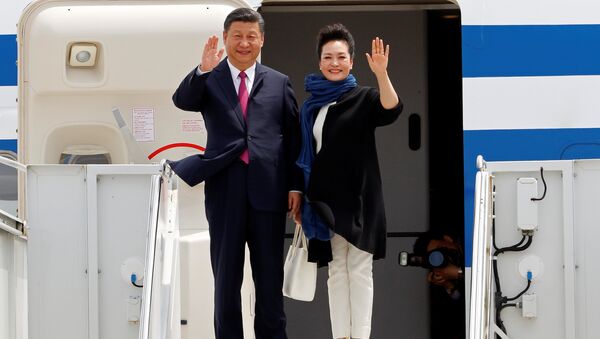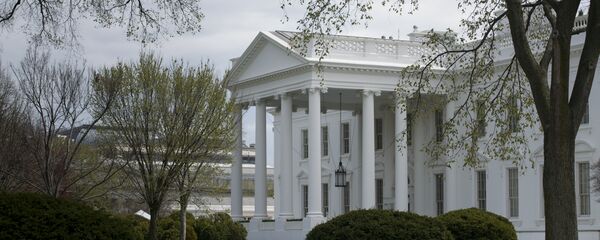According to Vladimir Vasilyev, chief researcher at the Institute for US and Canadian Studies at the Russian Academy of Sciences, North Korea will be the main topic of the upcoming meeting between the two presidents.
"The Americans prepared this visit quite hastily, and, perhaps, it's not very well thought out, but the rush came as a result of the missile tests carried out by the DPRK. Pyongyang said that it is preparing to test an intercontinental ballistic missile, and if the tests are successful, the territory of the US will be in danger," Vasiliev said in an interview with RT.
Earlier, the White House made a decisive attempt to exert pressure on China on the eve of the Xi-Trump meeting. The US expressed hopes that China would be ready to cooperate to counter North Korea's nuclear activities and demanded that Beijing apply tougher economic sanctions against Pyongyang.
The statements came right after North Korea's latest reported ballistic missile test Wednesday. The Pukguksong-2 medium-range ballistic missile fell into the Sea of Japan, according to the South Korean military.
The conflict in the South China Sea is another painful issue in US-China relations. The topic will also be discussed by the parties during the meeting, a representative of the White House said the day before.
However, Russian political expert Sergey Lukonin believes that in this case China's position does not imply any concessions and a compromise is possible only when the US softens its rhetoric.
"I doubt that Trump and Xi Jinping will be able to reach an agreement on the South China Sea, because this is an extremely delicate issue, on which China does not accept any compromise. The conflict should be resolved by its participants directly, without the United States," Lukonin explained.
The monetary policy of Beijing is also expected to be a hot topic of discussion: to support its exports, the Chinese Central Bank has been keeping its yuan rate at very low levels.
"At the same time, we shouldn't forget that the US also has its own financial policy, according to which it changes its dollar exchange rate," Lukonin said. "So, we can only guess who is a more active currency manipulator — China or the US or China."
The expert also noted that Xi Jinping and Donald Trump are hastily preparing the meeting. According to Lukonin, the initiative is likely to come from Beijing as China "has recently demonstrated its willingness to compromise."



